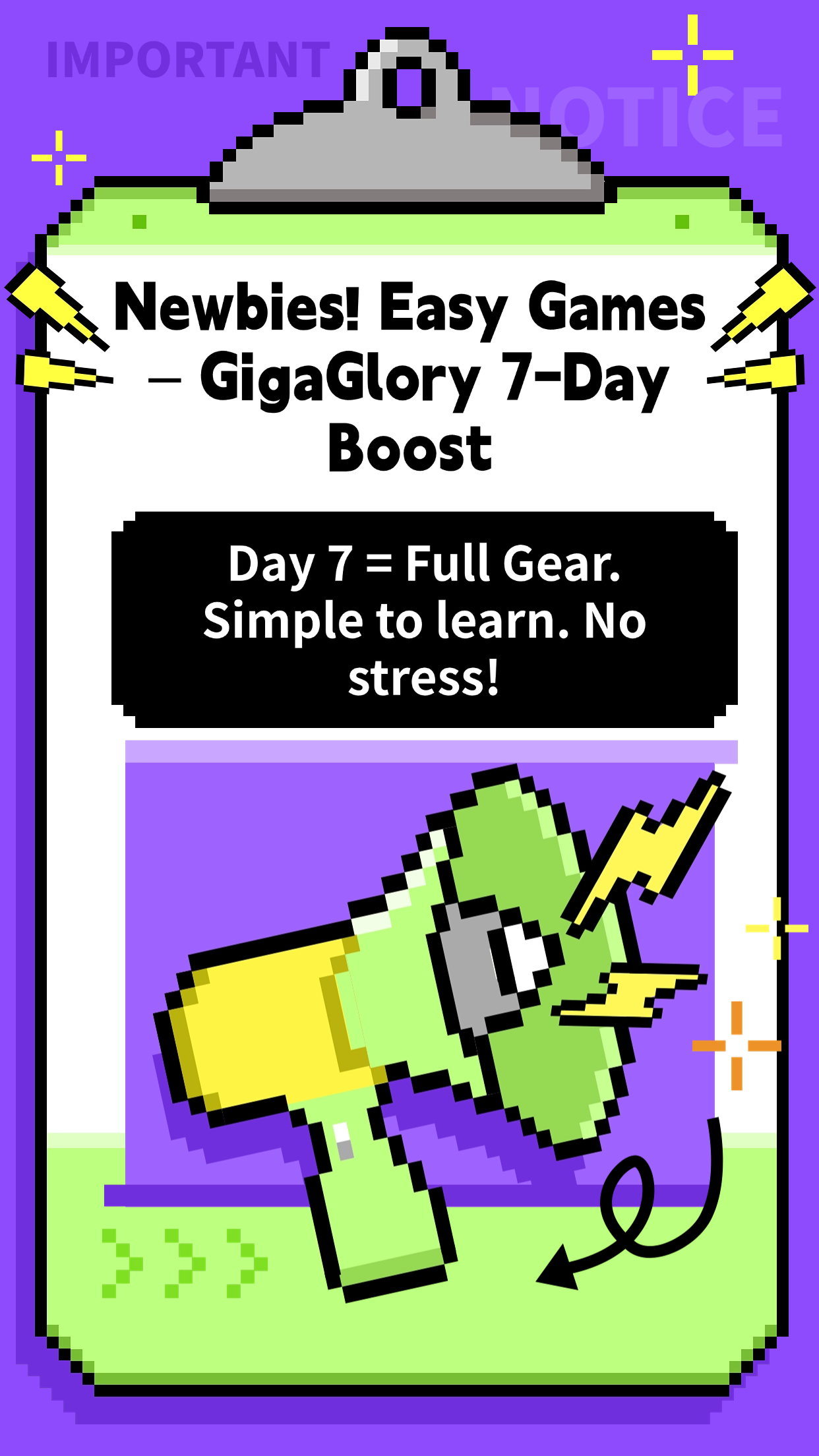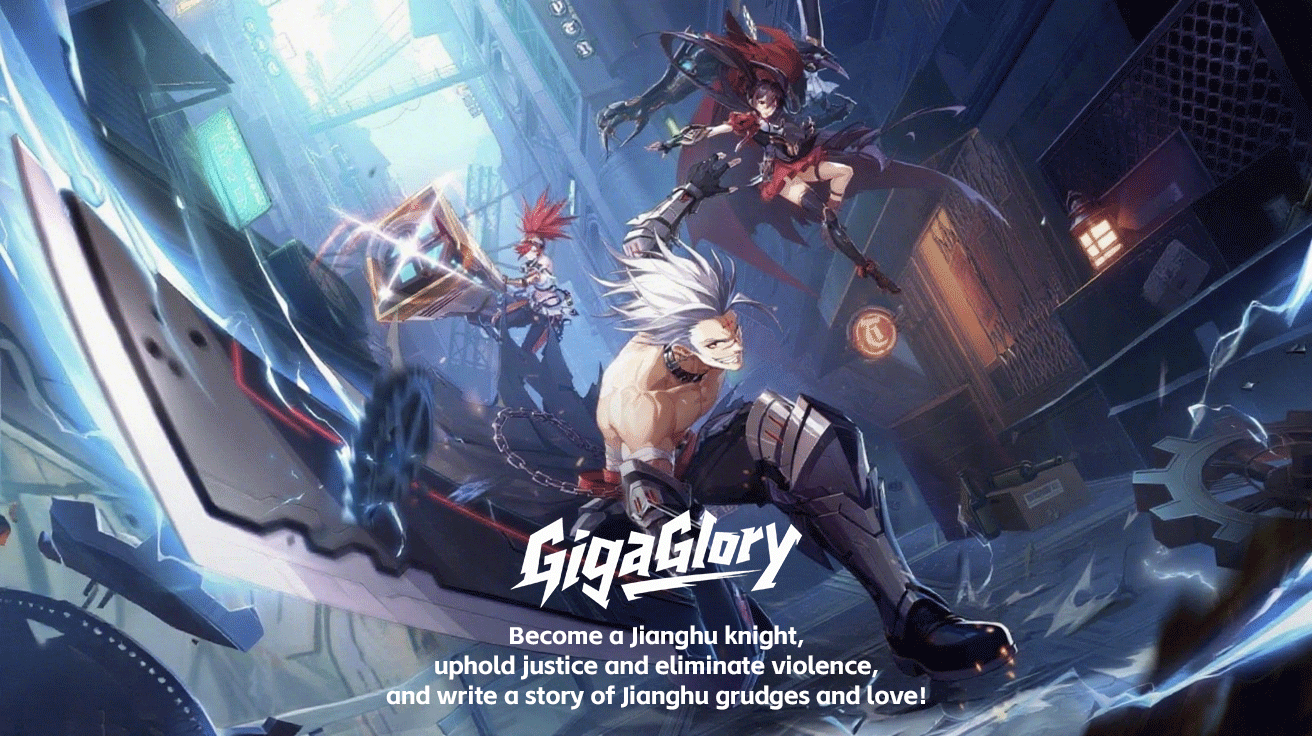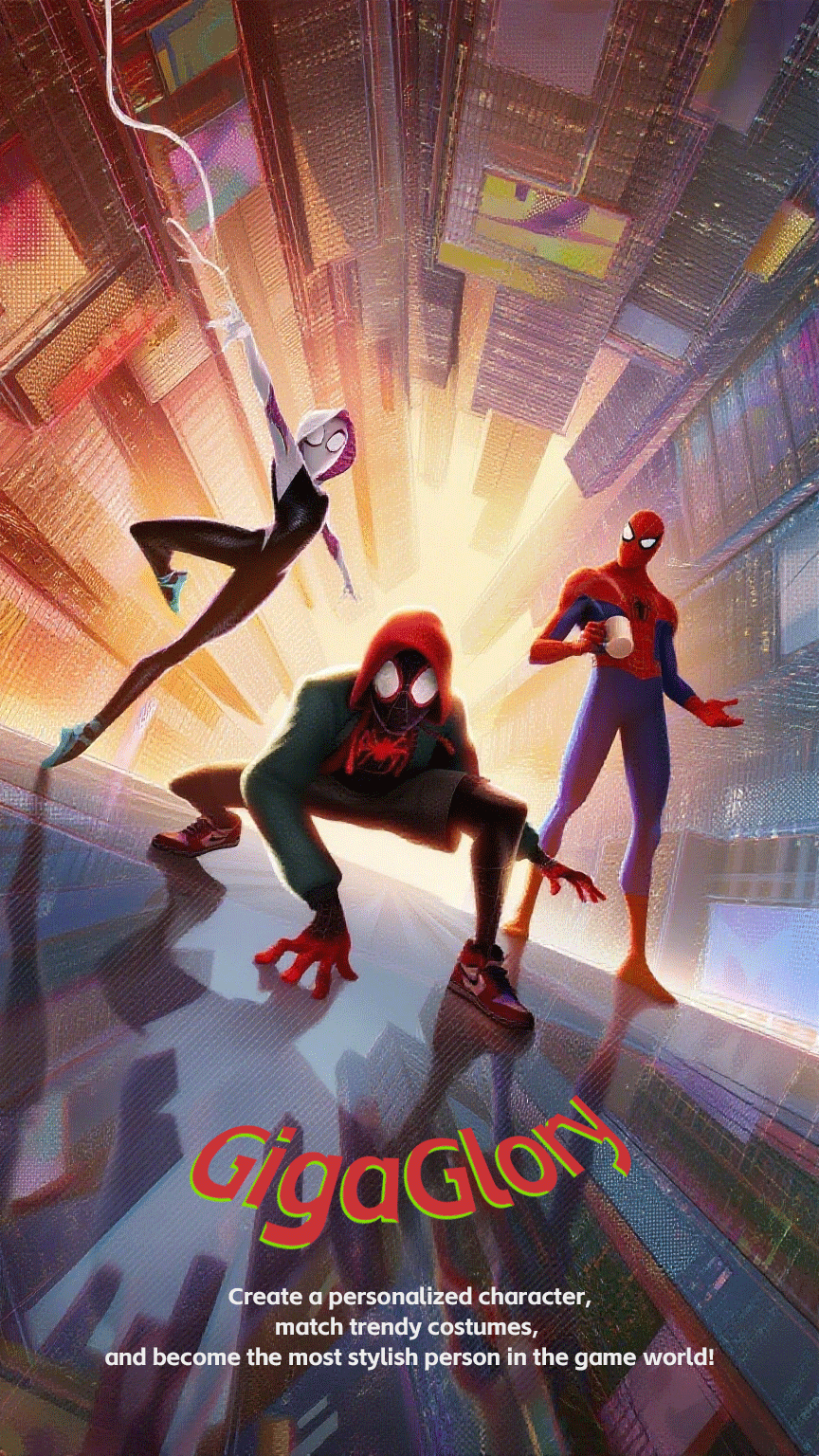MMORPGs vs. Shooting Games: Which Offers a More Immersive Gaming Experience?
When it comes to immersive gaming experiences, two prominent genres often emerge: MMORPGs (Massively Multiplayer Online Role-Playing Games) and shooting games. Both have their own unique appeals and mechanics. In this discussion, we will delve into the characteristics of each genre and how they compare in delivering immersive experiences to players.
Defining the Genres
MMORPGs, like Dragon Rpg Games, allow players to explore expansive worlds, interact with various characters and embark on epic quests. These games often feature rich narratives and deep character customization. Conversely, shooting games, such as Team Fortress 2, deliver fast-paced action and competitive gameplay, focusing on reflexes and strategy. The essence of these genres can be laid out as follows:
| Aspect | MMORPGs | Shooting Games |
|---|---|---|
| World Building | Complex and expansive | Varied but often smaller |
| Player Interaction | Heavy social components | More competitive interaction |
| Storytelling | Rich narrative | Less focus on story |
| Gameplay Pace | Slower, strategic | Fast-paced, tactical |
Immersion in MMORPGs
One of the main draws of MMORPGs is their ability to create a sense of community and belonging. Players can join guilds, form alliances, and even engage in large-scale wars. The narratives can be deeply personal, allowing players to invest emotionally in their characters and the stories they experience. The immersive qualities include:
- Character Development: Players develop their characters through quests and interactions.
- Dynamic World: The game world reacts to players' actions, enhancing the experience.
- Socialization: Collaborating with others is often essential for success in quests.
Exploration of Shooting Games
On the other hand, shooting games like Team Fortress 2 provide thrilling gameplay where players must rely on their skills and strategies. The fast-paced action demands quick reflexes, and each match can lead to intense competition. The immersive elements include:
- Real-Time Decision Making: Players must think on their feet, making choices rapidly.
- Skill Development: Continuous practice hones players' abilities.
- Team Dynamics: Cooperation with teammates is key to victory.
Challenges in Each Genre
While both genres offer exceptional experiences, they come with their own set of challenges. For MMORPGs, maintaining player engagement can become difficult as the leveling and grinding can become monotonous. As a result, many players might feel bored after prolonged sessions, leading to inquiries like tf2 crashing after match end, indicating technical issues that can mar the experience.
On the flip side, shooting games often prioritize competitive play, which can lead to a steep learning curve. New players might feel overwhelmed and frustrated by seasoned opponents, which can inhibit enjoyment. The challenge lies in finding a balance between fun and competitiveness.
Conclusion
Ultimately, both MMORPGs and shooting games offer unique immersive experiences that cater to different player preferences. MMORPGs shine in storytelling and social experiences, while shooting games excel in fast-paced action and skill development. The choice between these genres often depends on individual taste. By understanding the strengths and weaknesses of each, players can choose their ideal gaming experience.



